Story highlights
Consensus suggests Brazilian football in crisis
Olympic hosts need to beat group leaders Denmark on Wednesday
Carlos Alberto says many of Brazil's players poached to play overseas at an early age
Late Sunday at an art-deco restaurant in Copacabana, three recent Harvard Business School graduates from Brazil chatted casually as they kept tabs on the soccer match on display behind the bar.
As the goalless game went into its second minute of stoppage time and Brazilian midfielder Renato Augusto missed a wide open chance at goal against Iraq, barely a moan was drawn from their table.
For many who followed Brazil’s opening 0-0 result against South Africa last week, a second consecutive goalless draw for its men’s football team at Rio 2016 was hardly shocking.
But the fact that the Olympic hosts have failed to score a single goal on home soil against two nations who had once only dreamed of being in the same footballing conversation with Brazil is a testament to just how low things have sunk.
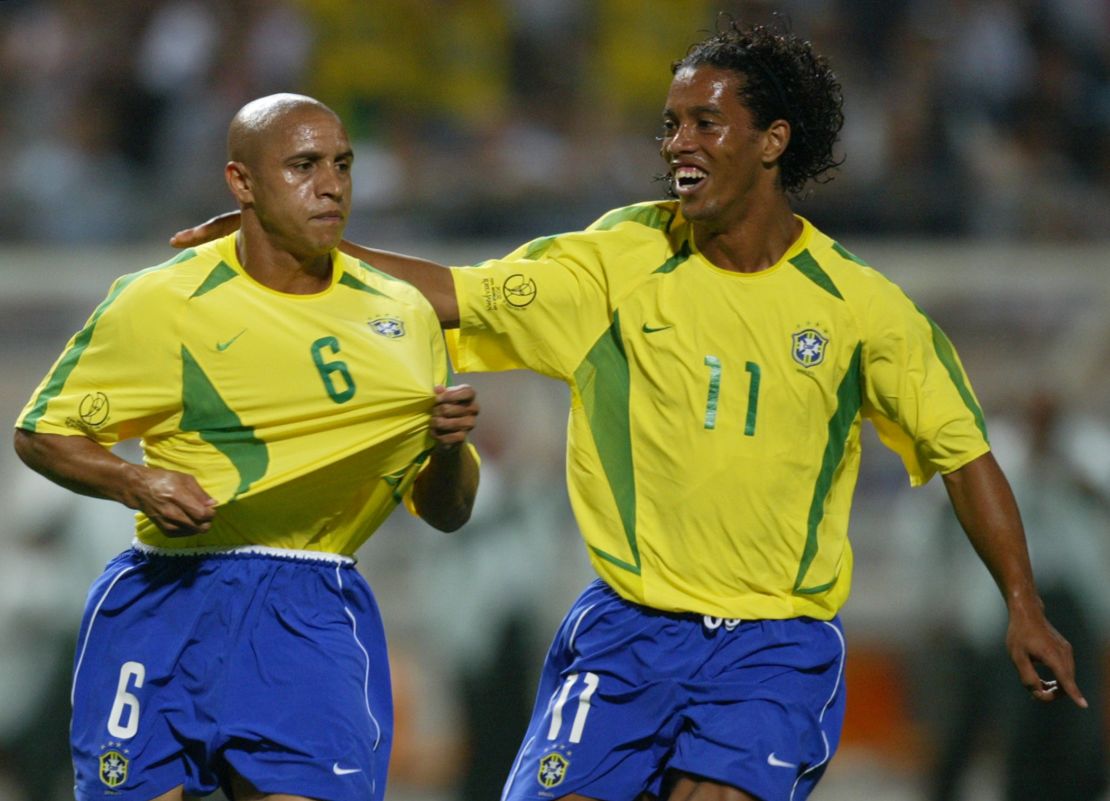
“This is ridiculous,” said Lucas Garrido, one of the three friends from Harvard, who currently works at a private equity firm in Rio.
“I think we are not as professional as other countries, where they are investing money and hiring decent people. In Brazil it’s still very amateurish. After the World Cup, it just keeps getting worse,” he added.
Garrido was of course referring to Brazil’s 7-1 drubbing to Germany in the semifinals of the 2014 World Cup played at home.
Since then nothing has come easy for Brazilian football, which is bad timing. The country could use a distraction from its current recession and ongoing presidential impeachment process.
Read more: Impeachment proceedings against Brazil’s Dilma Rousseff: What’s up?
The Olympic tournament was billed as Brazil’s redemption in the form of a gold medal, the one major international trophy it has yet to earn. Instead, the team faces ouster unless it beats Denmark on Wednesday in Salvador.
Boring
“We lost the joy when playing,” echoed Garrido’s former classmate Tulio Gomez, who cited talented 2002 World Cup winners like Ronaldinho, Rivaldo and Roberto Carlos as exuding such joy. “Even when there were no goals it was fun to watch, but now I don’t know … It’s boring.”
Pele: Brazil soccer star to auction prize possessions
So boring, in fact, that the home crowd of 60,000 in Brasilia preferred cheering for Iraq, whose only strategy was to defend while handing over 77% of possession.
“We have been a very lucky generation, I guess,” lamented their friend Marcelle Goncalves. “For us this is very new.”
Struggling in this manner is unnatural for every Brazilian generation since the country welcomed home its first World Cup winning squad of 1958. Ever since 17-year-old Pele led the team to victory in Sweden, Brazil has been blessed with those who have played both entertainingly and effectively.
But on the heels of dour results in last month’s Copa America – a 1-0 loss to Peru and yet another goalless draw, this time to Ecuador– which saw Brazil’s senior team crash out at the group stage, the consensus is in: Brazilian football is in crisis.
“I think this is very bad, like everybody who watched,” said Carlos Alberto Torres, who captained Brazil’s World Cup side of 1970, to CNN. “It is a surprise because of the competition. It is not the best level of competition, of course. We should at least score goals.”
What will it take to turn around the team’s fortunes?
“Ah, this is a great question,” Alberto said, before pointing out that the Brazilian Football Confederation (BFC), in essence, needs a gut check.
“They think that Brazil can always produce great players because of our culture and tradition, and now this is not the case,” said the 72-year-old known for scoring one of the greatest goals in World Cup history, a right-footed smash off a Pele assist for the team’s fourth goal in the 1970 final against Italy.
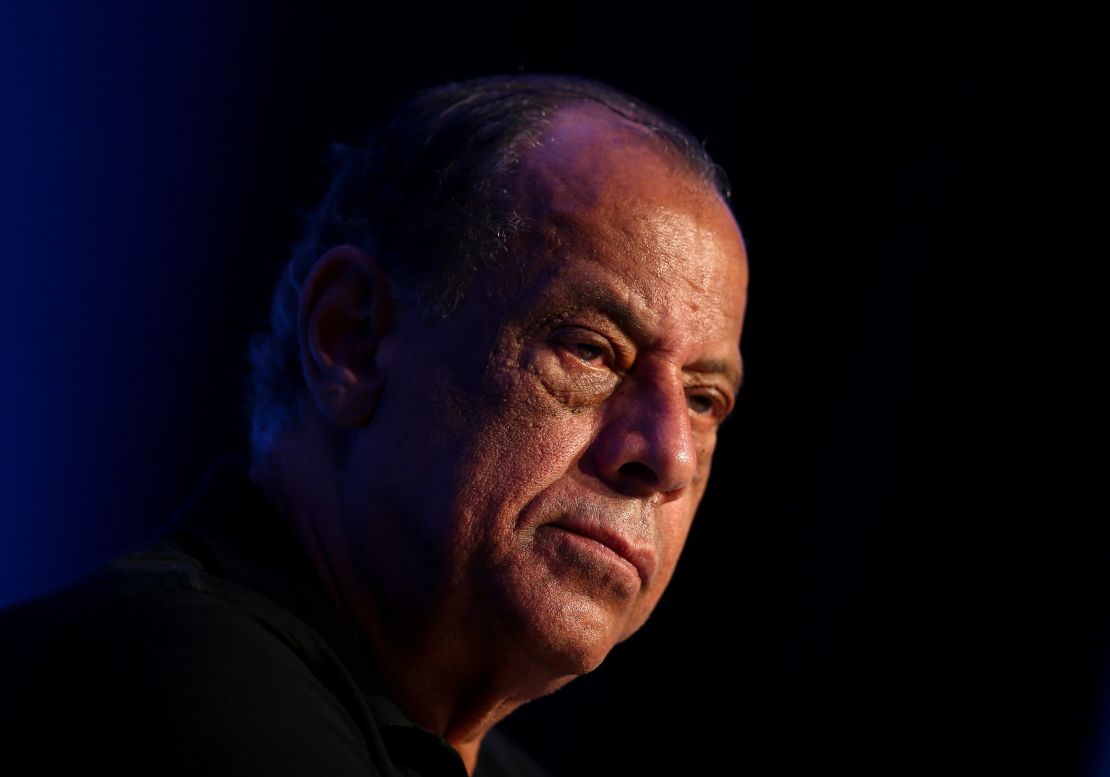
Of the issues that Brazil faces from a footballing nature, says Alberto, is that many of its players have been poached to play overseas at an early age.
Some, like Chelsea striker Diego Costa who plays for Spain, have been naturalized, while others like Barcelona teammates Neymar and Rafinha, along with Augusto who plays in Beijing, have spent little time in the country and are often unfamiliar with one another.
“Who are these players?” he asked. “We have never seen some of them.”
‘Gabigol’
Of the 23 players named in the recent Copa America squad, only seven play club football in Brazil. Of them, 19-year-old Gabriel Barbosa, nicknamed “Gabigol,” has reportedly drawn keen interest from the likes of Chelsea, Inter Milan and Juventus.
Barbosa was also on the pitch on Sunday as a member of the Olympic squad (which is an Under-23 side, barring three exceptions), as was fellow 19-year-old Gabriel Jesus, who will join Manchester City at the end of the year for a reported fee of £27 million ($35 million).
Manchester City, which is co-owned by Abu Dhabi royalty and Chinese sovereign money, out-bid rivals Barcelona on Jesus, symbolizing the foreign inflow of cash that has changed the face of the Premier League since the turn of the millennium.
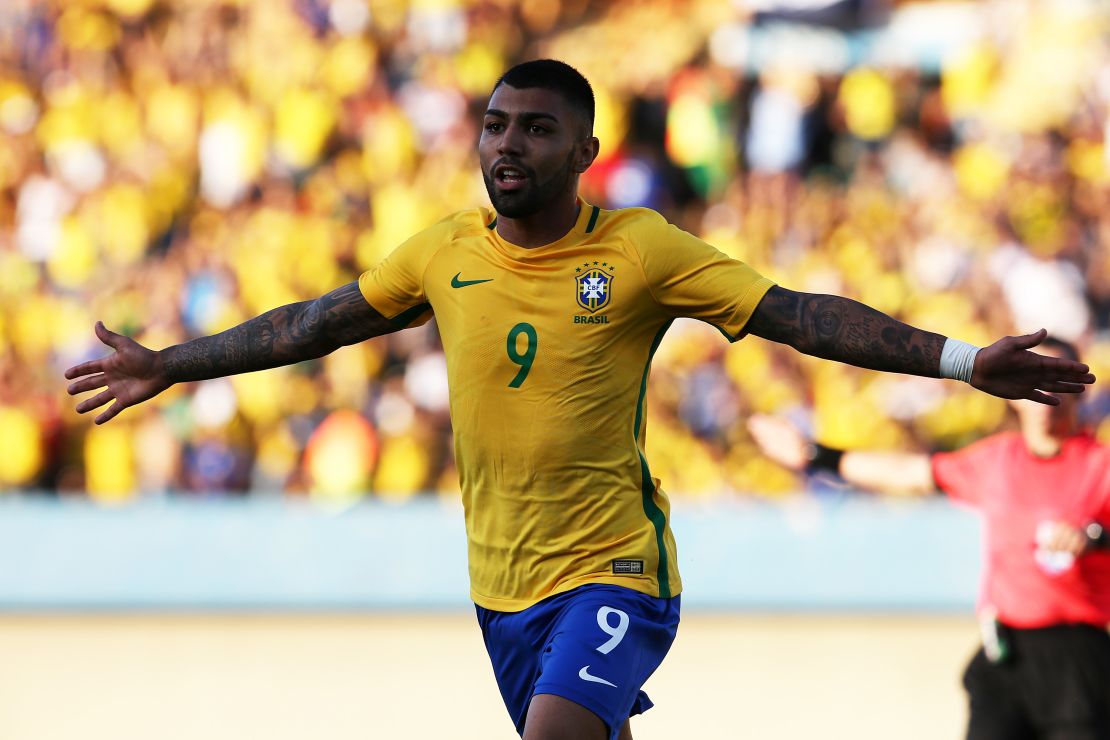
But enticing international investments into Brazilian clubs is not happening anytime soon, according to Alberto, partially because of the member’s ownership system of Brazilian teams similar to those in Spain. “No one wants to invest in Brazilian clubs, because these are social clubs that are not for sale. Who is going to put money in them? This is not like Germany, or England or even the United States.”
Street football
Brazil could sorely use some funding in its youth academies and football infrastructure, which now lags behind not only Europe but its arch-rivals in Argentina as well. “The soccer economy in Brazil is very bad,” Alberto added.
Brazilian football journalist Juca Kfouri has been covering the national team since the 1982 World Cup and is convinced this is the worst time in Brazil’s footballing history.
Kfouri explained that the country’s football dynasties were honed on pickup games played at all hours on the streets of Rio, Sao Paulo and other urban clusters which have grown more crowded with less space for street ball.
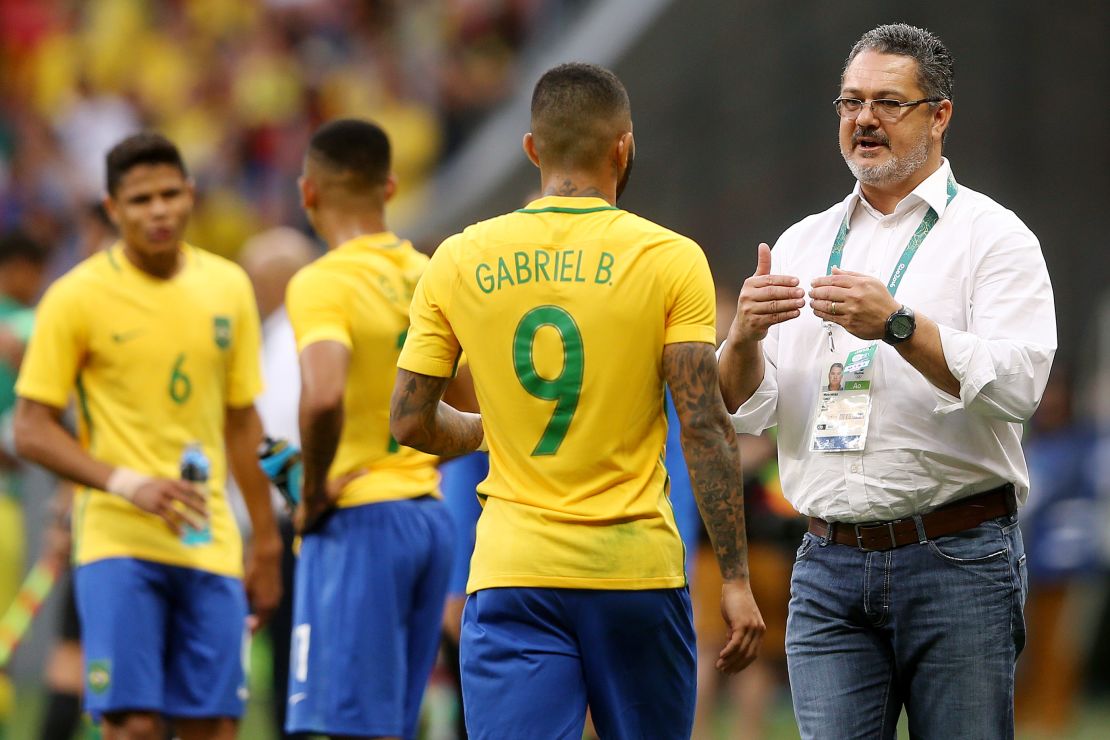
“It’s all over,” he said. “The process of urbanization has destroyed this,” while adding that even many of Brazil’s beaches regulate hours allowed for beach football, so as to offer space for tourists.
Alberto says a change at the top of the BFC is also necessary, and cited ex-players Falcao, who starred on the 1982 World Cup team, and former teammate Jairzinho, who scored seven times in the 1970 World Cup, as potential advisers.
Read more: Pele: My four greatest moments
Alberto also noted that though Brazil boasts scores of former World Cup winners (it’s a nation that has won the tournament a record five times), not a single one is represented in its football association.
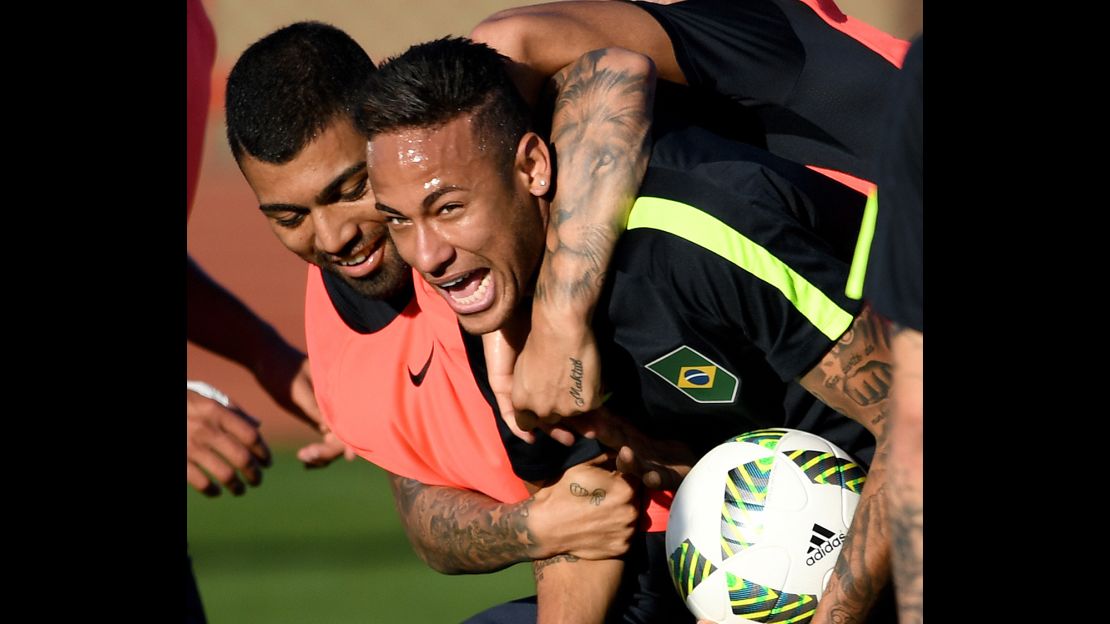
“I have said this many times,” he shrugged. “I don’t know why they don’t listen.”
Cries for change will ring even louder should Brazil not advance in yet another high profile football tournament.
After the match on Sunday, Brazilian coach Rogério Micale felt that a public mea culpa was in order. “We need to apologize to the fans, to the people of Brasilia. We didn’t play our best football. We feel like we left our fans frustrated,” he said.
Micale may want to have a full speech prepared in case he doesn’t come away with a win on Wednesday.





